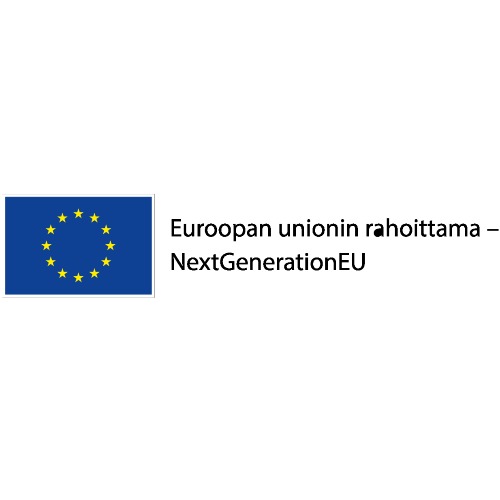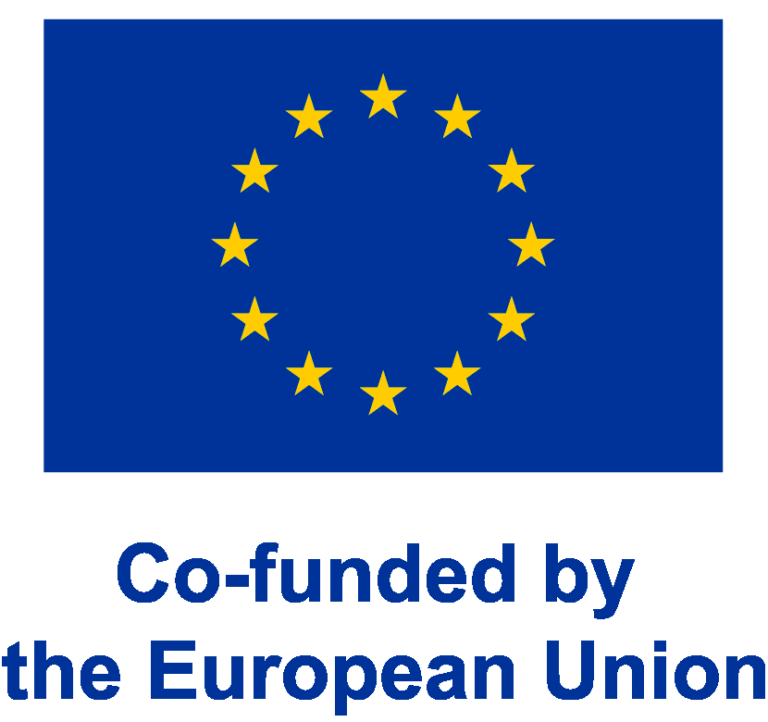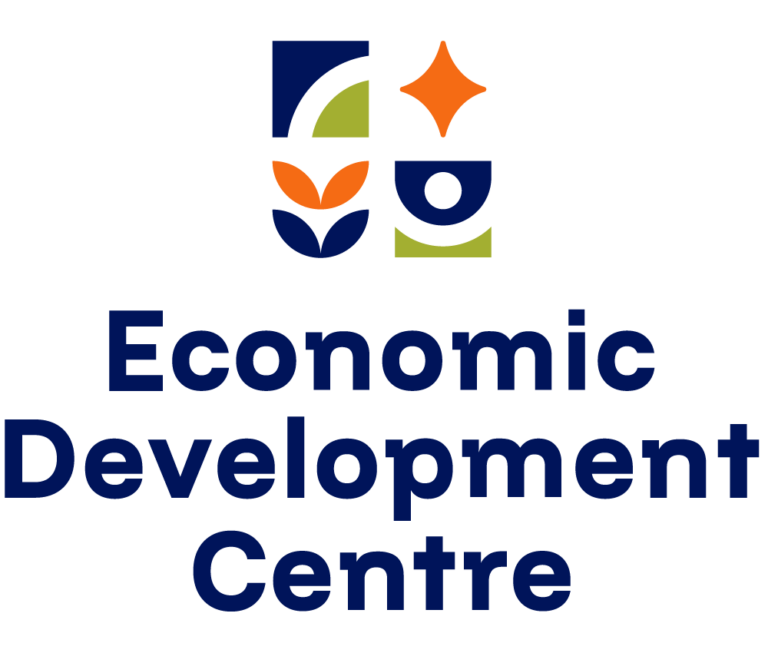
WellbeingVerse / University of Eastern Finland
Funders


The project is funded by European Regional Development Fund (ERDF). The project is implemented by University of Eastern Finland.
Leaders
-
Pasi Karjalainen
ProfessorDepartment of Technical Physics, Faculty of Science, Forestry and Technology -

Paavo Vartiainen
Project ResearcherDepartment of Technical Physics, Faculty of Science, Forestry and Technology
Contact persons
-

Paavo Vartiainen
Project ResearcherDepartment of Technical Physics, Faculty of Science, Forestry and Technology -

Samu Sorola
Project ResearcherDepartment of Technical Physics, Faculty of Science, Forestry and Technology
The health and wellness sector in Finland cannot maintain the current service level without the innovative and large-scale utilization of new technologies. The average age of Finns is increasing, the risk of exclusion is rising, general health is deteriorating and mental health problems are increasing. At the same time, there is not enough money to provide quality services and the labor shortage is also a problem. The equation is impossible to solve without a radical change to the industry and operations. The importance of technologies has also been recognized at the Finnish government level, as the utilization of technologies will be taken into account in the staff dimensioning of the wellbeing sector from summer 2025.
Wellbeing technologies have been used to increase the safety, activity, inclusion, independence and privacy of individuals. One promising method has been identified as the next wave of digitization, Metaverse, which refers to an immersive three-dimensional and multi-sensory digital environment. Metaverse enables significant added value for customers in a cost-effective manner, which is called strategic innovation. In the field of wellbeing, this means both wellbeing people and a wellbeing private/public sector economy.
In addition to three-dimensional virtual worlds/spaces, the central elements of the metaverse are avatars, and virtual objects and digital twins (e.g. services, objects and events). In metaverse-based solutions, extended reality (XR), artificial intelligence (AI) and wearable technology (WT) are used as technologies.
In discussions with experts of wellbeing services counties and companies interested in the project, four problem areas emerged from the wellbeing sector that can be solved with the help of the metaverse:
A) Impaired mental and physical wellbeing of the elderly, mentally disabled, disabled and young people
B) Ineffective introduction to work in the welfare sector
C) Consumers’ passivity in promoting their own wellbeing and lack of services that promote independence activities
D) Spatial solutions that weaken the well-being of employees and consumers
The project innovates metaverse-based wellbeing services for above-mentioned problem areas and builds metaverse capabilities in Finland’s wellbeing sector. Innovation and capability building are supported by research that focuses on the interface between humans and metaverse technologies; for utilizing the metaverse and its technologies in the innovation process; for measuring and evaluating the user experience; for impact assessment; for international benchmarking; and to reduce uncertainty through experimental development.
Five pilot companies were selected as partners for the project: Validia, Norlandia Care, Merivaara, Pihla Group and Hiava, who wanted to solve the problems of the wellbeing sector with the help of the metaverse with the project implementers. With the pilot companies, preliminary solution ideas were created for the problems identified already during the project preparation, which are further worked on in the project using the principles of experimental innovation. The project includes a total of nine innovation cases, from which innovation blanks/preforms with business potential are created through prototyping. The project is also looking for companies that will go on to further refine, productize and commercialize innovation blanks after the project.
The University of Eastern Finland (UEF) and the Savonia and LAB universities of applied sciences were selected as LUT’s project partners. These actors had complementary research, development and innovation expertise, which is needed to solve the identified problems. In addition, with this combination, three wellbeing services counties were included in the project: South Karelia and Päijät-Häme and Pohjois-Savo, which expands the geographical impact of the project. The universities of Amsterdam, Namibia, Malaysia, Bremen, the Philippines and Brno were selected as international partners, which are interested in metaverse research from different perspectives (e.g. innovation, user experience, prototyping and information security) and want to contribute to the project’s themes through their own areas of expertise.
Cooperation
Keywords
Leaders
-
Pasi Karjalainen
ProfessorDepartment of Technical Physics, Faculty of Science, Forestry and Technology -

Paavo Vartiainen
Project ResearcherDepartment of Technical Physics, Faculty of Science, Forestry and Technology
